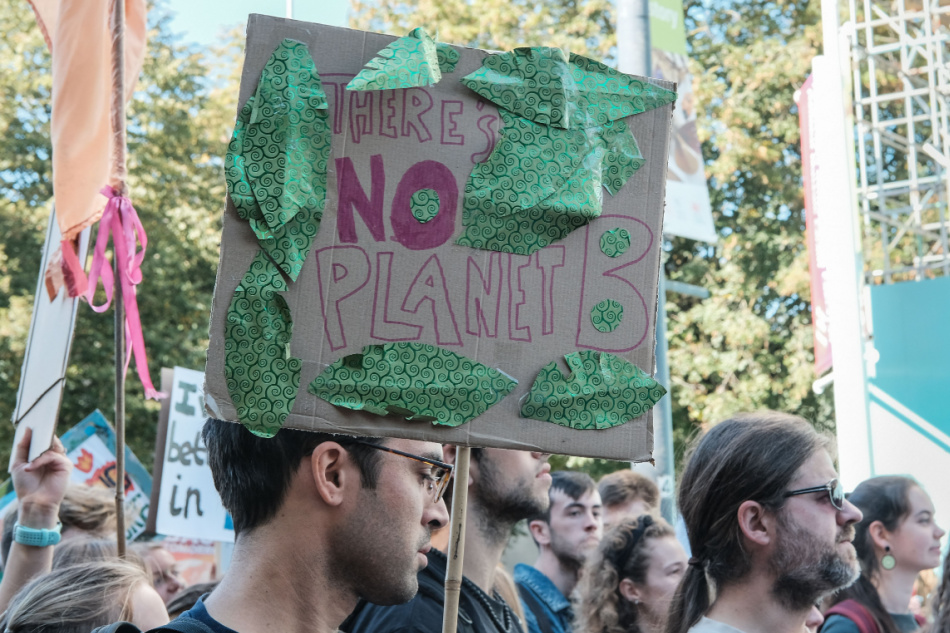Prominent barristers disregarded bar regulations by signing a document last month vowing not to prosecute nonviolent climate demonstrators or represent firms pursuing fossil fuel projects.
More than 120 attorneys, primarily from England, have signed a declaration promising to “withhold [their] services in respect of supporting new fossil fuel projects and action against climate protesters exercising their right to peaceful protest.”
The “declaration of conscience”
Noting that climate breakdown poses a “serious risk to the rule of law,” the so-called “declaration of conscience” urges legal professionals to act urgently to address “the causes and consequences of the climate and ecological crises and to advance a just transition.”
Jolyon Maugham KC, the head of the Good Law Project and a prominent signatory to the declaration, writes in the Guardian: “Like big tobacco, the fossil fuel industry has known for decades what its activities mean.” As a result, people and property are at risk, something that the law ought to protect against but does not.
Maugham KC goes on to explain that the scientific evidence shows that global warming, “the natural and unavoidable result of its actions,” will kill a significant number of people. He asserts that this should be punishable by law, yet it is not. The law also does not recognize ecocide as a crime to deter the destruction of the earth. In short, “the law works the fossil fuel industry— but it does not work for us.”
Who signed the declaration?
The declaration was signed by eighteen barristers, including six king’s counsel. They will now self-refer to the Bar Standards Board for violating the profession’s “cab rank” rule, which states that a barrister must accept a case for which they are qualified if they are available.
They were accused of undermining a core concept of the legal system: that everyone has the right to fair and unbiased legal representation.
“The cab rank rule prevents discrimination and improves access to justice,” said Nick Vineall KC, chair of the Bar Council of England and Wales. It means that barristers must sometimes represent clients with whom they disagree. On the other hand, clients can select their own barrister. Judges or juries, not barristers, decide who is right and who is wrong. Can a barrister be able to refuse to defend a climate change activist because they disagree with their protest style? “I don’t believe so.”
Vineall told a Temple church service earlier this week: “There are some barristers who believe that they should be permitted to decline instructions, for instance, from corporate clients, because they disapprove of the client’s corporate policies or practices, for instance, on climate change.”
I have no doubt that these views are genuinely held and derive from good intentions. But I firmly believe that the greater good is achieved by the well-established approach which we have long adopted as a profession.”
Advocating for future generations
Barristers who are found to be in violation of the rules may face fines. Yet, the ramifications might be far-reaching for junior members of the profession, who may be barred from receiving the “silk” according to the king’s counsel or from advancement to the judiciary.
“Young lawyers are being placed in an impossible position,” claimed one junior lawyer who asked to remain unnamed. “We’re being told by our firms and regulators it’s a professional obligation to act for fossil fuel projects, knowing that doing so will poison our own future and all of life on Earth,” he goes on. “That’s wrong on every level. It’s indefensible. If the profession doesn’t look out for my generation, how does it expect to survive?”
According to Tim Crosland, the director of the environmental law pressure group Plan B, which coordinated the declaration with Maugham’s Good Law Project, “behind every new oil and gas deal sits a lawyer getting rich.”
“Meanwhile, it’s the ordinary people of this country, taking a stand against this greed and destruction that the British legal system prosecutes and imprisons, jailing them just for talking about the climate crisis and fuel poverty. The rule of law has been turned on its head. Lawyers are responsible. It’s time to take a stand.”











